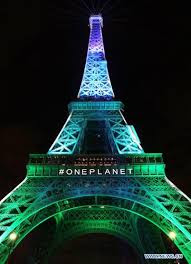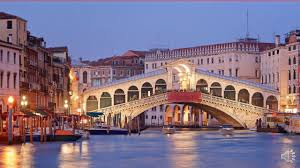Wrap Up 2017 - The Year In Review

Hello there people.👋 Howya doing? Christmas cheer in the air yet? Well before we end the year we are going to have the last post this year, looking at the things that happened this year in the climate change world. So yea, gather round the fire with a warm cuppa☕ and here we go: We started the year with the third warmest January in modern record keeping history, whereby gold was taken by January 2016, and silver by January 2007, this being according to NASA’s Goddard Institute of Space Studies. I might also point out that the world in general was still coming to terms with the outcome of the American Presidential election of 2016 and what that meant for climate action and especially America’s leading role in it – formerly that is. February 2017 was the second warmest in the 137 years of record keeping history after February 2016. March followed suit, taking silver after March 2016. There was also some good news in March in that Bloomberg Markets reported that renewables...


